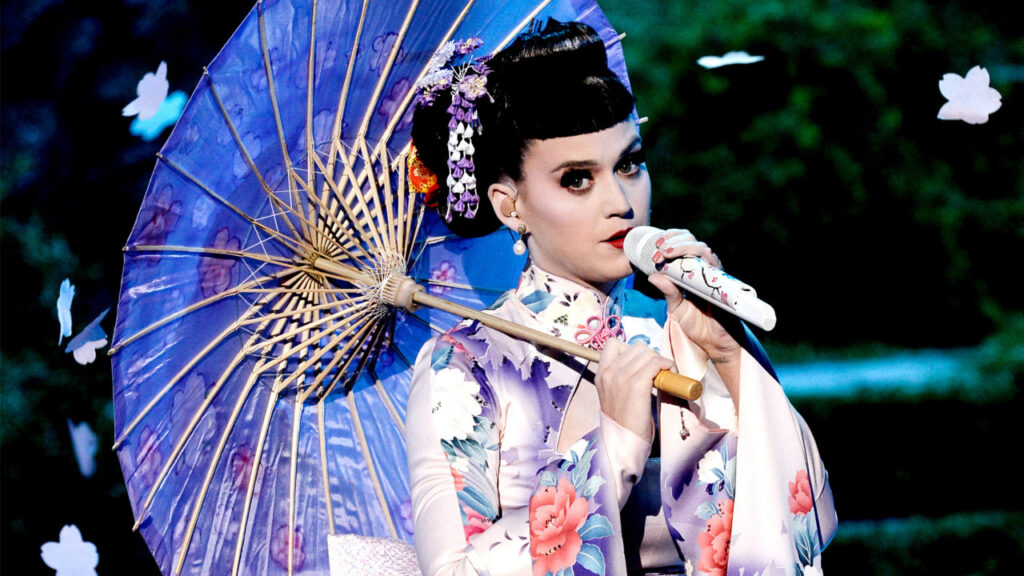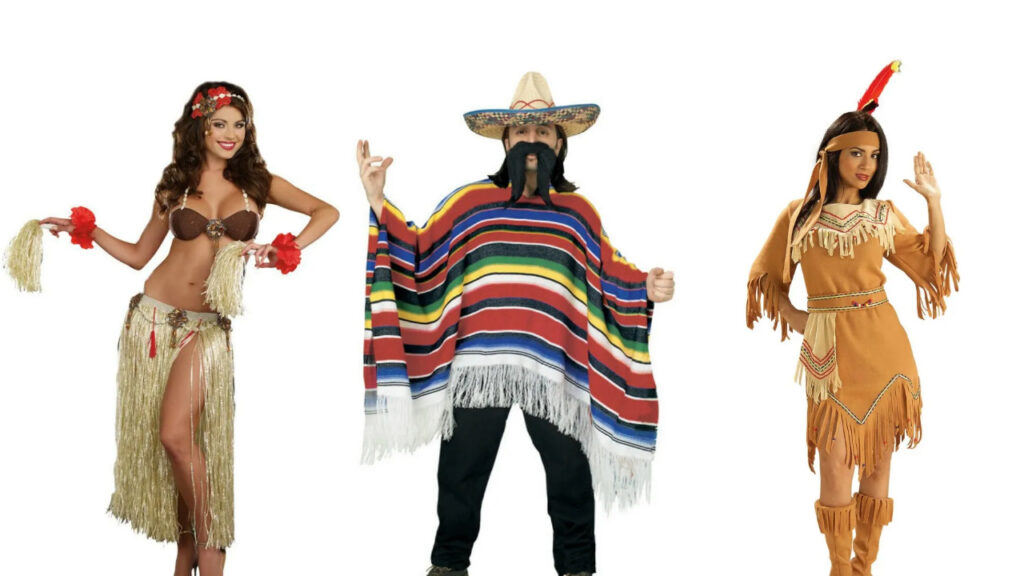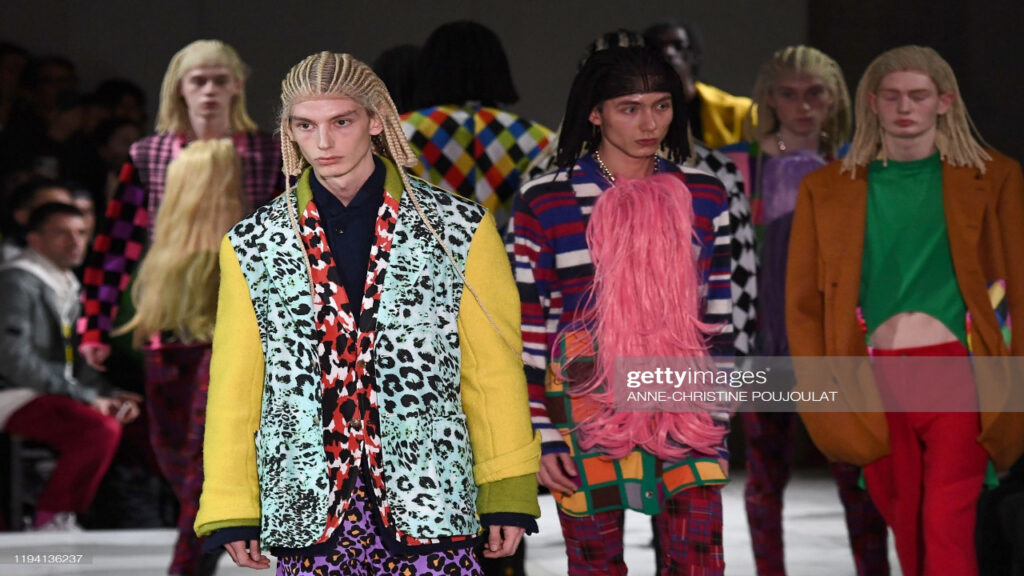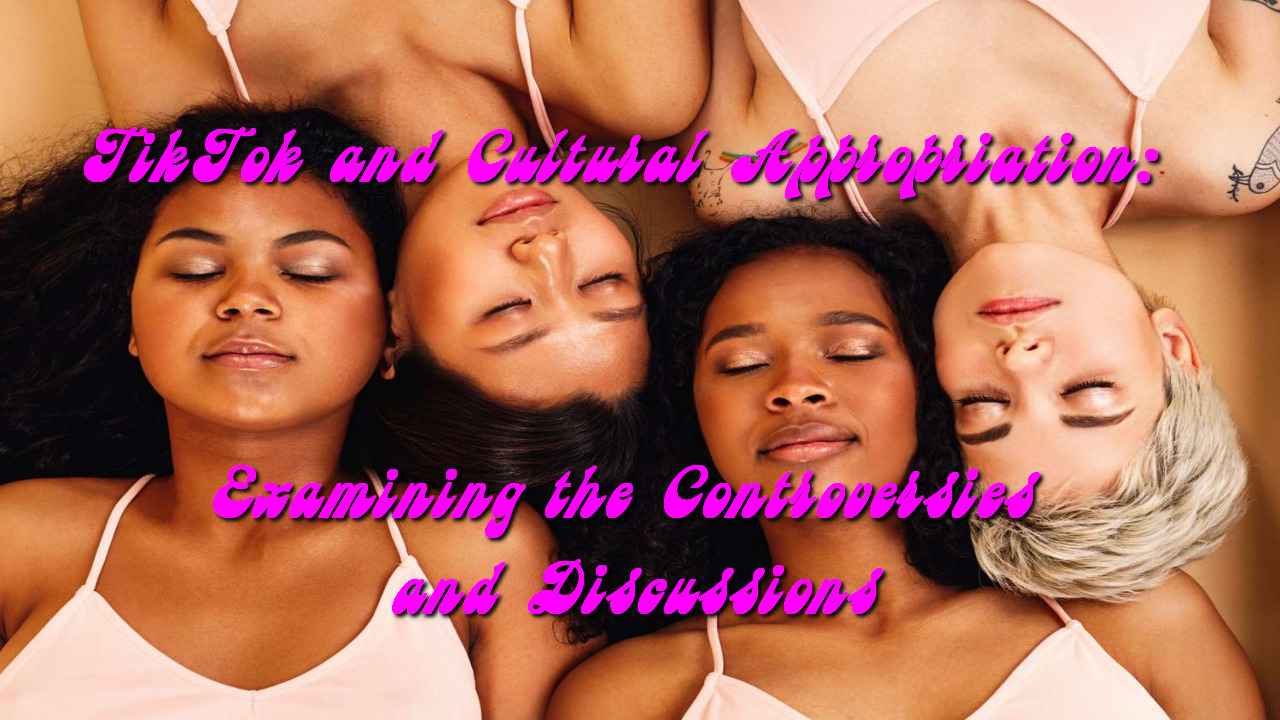TikTok, a popular social media platform, has taken the world by storm with its short-form videos and viral trends. With millions of users sharing content daily, it has become a breeding ground for cultural expression, creativity, and, unfortunately, cultural appropriation. The platform’s accessibility and wide reach have sparked numerous controversies and discussions surrounding the issue of cultural appropriation. In this article, we will delve into the controversies surrounding TikTok and cultural appropriation, exploring its impact on various communities and the ongoing discussions surrounding this sensitive topic.
What Is Cultural Appropriation?

Cultural appropriation refers to the adoption, borrowing, or imitation of elements from a culture that is not one’s own, often without proper understanding, respect, or acknowledgment. TikTok, as a global platform, allows users to engage with diverse cultures and traditions, enabling the spread of cultural appreciation and exchange. However, it has also become a breeding ground for cultural misappropriation, where certain users exploit cultural elements for personal gain or entertainment without fully understanding their significance. Looking for a website to buy comments on TikTok because you have problems with cultural appropriation? Social Boosting is what you need!
Making Stereotypes
One common example of cultural appropriation on TikTok is the donning of traditional attire, accessories, or hairstyles from different cultures without understanding their historical, social, or cultural contexts. For instance, individuals may wear Native American headdresses, bindis, or African tribal prints as fashion statements or costumes, overlooking their deep cultural significance and reducing them to mere trends. Such actions can perpetuate stereotypes, trivialize cultural practices, and disregard the lived experiences of marginalized communities.
Commodification of Culture

Another issue arising from TikTok’s cultural appropriation debates is the commodification of culture. Content creators who appropriate elements from marginalized cultures may inadvertently profit from their actions. For instance, a user creating a dance routine inspired by a cultural dance form without giving credit to its originators might garner millions of views and followers, effectively benefiting from someone else’s cultural heritage. This raises questions of ethics, representation, and the power dynamics at play within the platform.
Erasure and Dilution of Cultural Identities

Furthermore, cultural appropriation on TikTok can lead to the erasure and dilution of cultural identities. When aspects of a culture are divorced from their original context and reduced to mere trends, it undermines the richness and complexity of that culture. This is particularly problematic when elements from historically marginalized cultures are cherry-picked and stripped of their significance while the struggles and contributions of those communities are ignored or overlooked.
Pros and Cons Around Cultural Appropriation
The controversies surrounding cultural appropriation on TikTok have sparked important discussions among users, scholars, and activists alike. Advocates argue that cultural appropriation perpetuates systems of oppression, reinforces stereotypes, and disrespects the lived experiences of marginalized communities. They emphasize the importance of cultural sensitivity, education, and mutual respect when engaging with cultural elements.
On the other hand, some argue that cultural exchange and appreciation can be positive, promoting cross-cultural understanding and unity. They highlight the role of social media platforms like TikTok in fostering cultural appreciation and argue that it is possible to draw inspiration from other cultures respectfully and responsibly.
Steps Taken
In response to these debates, TikTok has taken steps to address cultural appropriation concerns. The platform has implemented community guidelines and policies to combat harmful content, including guidelines that discourage cultural insensitivity and encourage users to give proper credit and respect to cultural practices. Additionally, users are increasingly calling out instances of cultural appropriation, fostering a sense of accountability and raising awareness about the issue.
Ultimately, TikTok’s impact on cultural appropriation is a complex and evolving topic. While the platform has provided a space for cultural expression and exchange, it has also seen instances of cultural appropriation that perpetuate harm and reinforce inequalities. Ongoing discussions surrounding cultural appropriation on TikTok serve as a reminder of the importance of education, empathy, and respectful engagement with diverse cultures. By fostering a more inclusive and responsible environment, TikTok can become a platform that celebrates cultural diversity while minimizing the harm caused by cultural appropriation.

